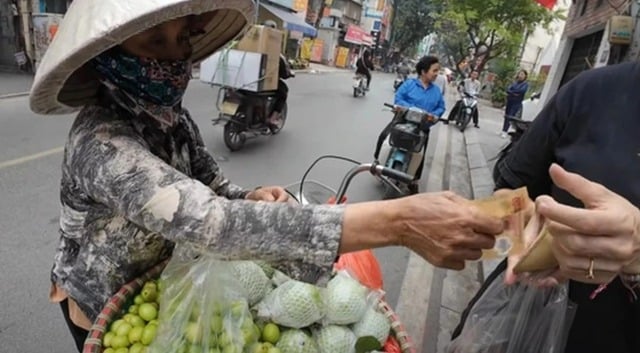
Street vendor in Hanoi selling small bags of apples for 200,000 VND to foreign tourists caused outrage last year
PHOTO: CMH
Overall, fraud related to travel company bookings is four times higher than the average fraud rate for other industries.
“After payment, the trip may never take place or be very different from what was promised,” the report said.
David Mann, chief economist for Asia Pacific at Mastercard Economic Institute, stressed that the risk of fraud varies significantly from city to city.
“In some destinations, you might see more fraud coming from the tour company side. But other cities, it might be food service fraud,” he told CNBC.
According to Mastercard data, travelers reported the lowest fraud rates in the cities:
San Francisco, United States
Dublin, Ireland
Seoul, South Korea
Budapest, Hungary
Edinburgh, Scotland
However, visitors to these cities reported higher levels of fraud:
Cancun, Mexico
Hanoi, Vietnam
Dhaka, Bangladesh
Bangkok, Thailand
The types of fraud commonly reported vary from city to city, including tour, luggage, car/taxi rental, plane/train, hotel, gift, restaurant fraud.
Food service fraud is more prevalent in the United States and the Middle East, accounting for 63 percent of reported cases in New York. That includes restaurants overcharging for food, adding unauthorized tips or stealing customers' credit card information, according to a Mastercard representative.
The report found that trip planning fraud increased by more than 12% last year, possibly through doctored photos, malicious “confirmation” links that reveal banking information, or other forms of fraud.
As such, travelers should be wary of unusually low prices and “too good to be true” summer prices, especially in popular tourist destinations that attract large crowds.
To protect themselves from fraudulent activities, travelers can set up e-wallets, purchase travel insurance, or book trips using credit cards that have fraud protection.
Source: https://thanhnien.vn/5-diem-den-du-khach-de-bi-lua-nhat-185250522105629334.htm






![[Photo] Prime Minister Pham Minh Chinh chairs the Government's special meeting on law-making in May](https://vphoto.vietnam.vn/thumb/1200x675/vietnam/resource/IMAGE/2025/5/22/1c880aae96fd4e0894abc47a46fe19ba)
![[Photo] Prime Minister Pham Minh Chinh attends the groundbreaking ceremony of Trump International Hung Yen Project](https://vphoto.vietnam.vn/thumb/1200x675/vietnam/resource/IMAGE/2025/5/21/ca84b87a74da4cddb2992a86966284cf)
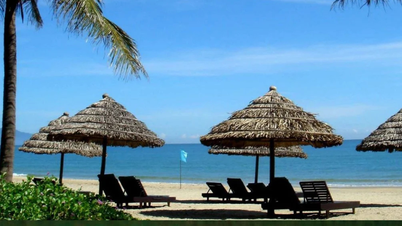
































































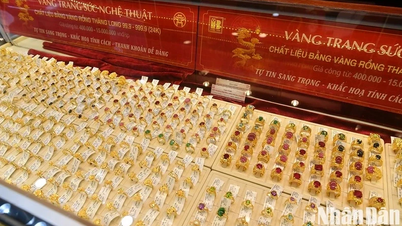






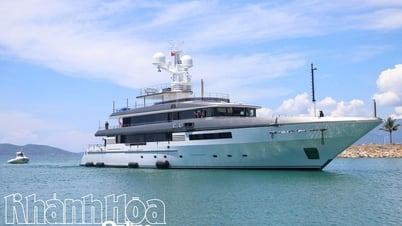



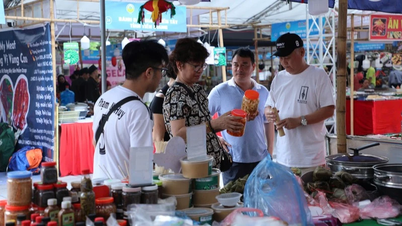






Comment (0)